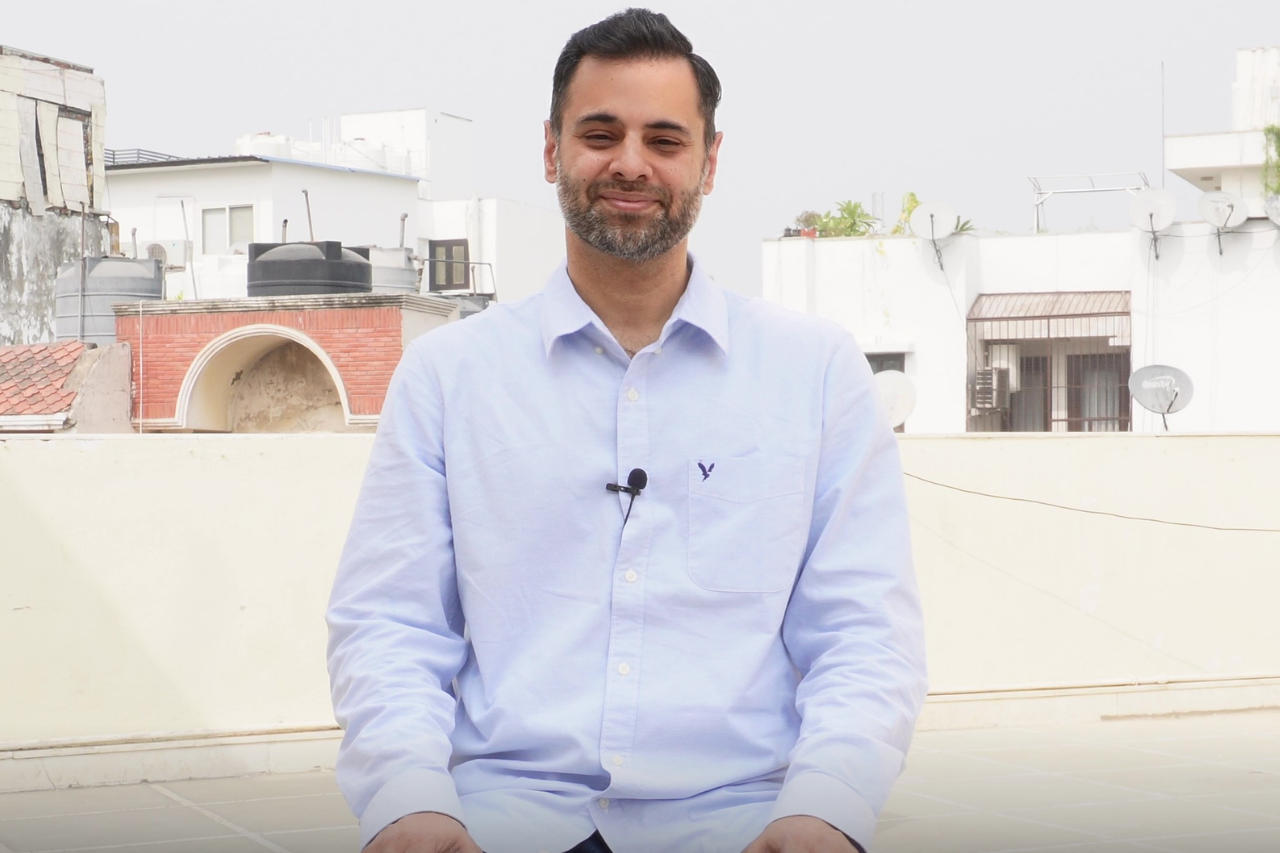Who’s idea is it to control the mind? Meditation is not about controlling the mind. In fact, meditation has got nothing to do with controlling anything other than allowing a space of awareness where the illusory link between the controller and the controlled disappears. That is true meditation.
Meditation is not something YOU do. Meditation happens when you disappear into nothingness, and all there is is pure awareness that is witnessing the silence or bliss. But unfortunately, we have created a marketplace where meditation is being sold as a tool to control the mind and the overpowering afflictions it produces. Like other things, meditation and mindfulness have also been commodified and are being sold as a one-stop solution for all problems.
Any attempt to control the mind through a method or technique is that of the mind only. Yes, meditation has benefits. And they have been scientifically verified. In my book, meditation is not about emptying your mind, I have mentioned the latest research and scientific studies that prove its effectiveness in treating many severe health conditions. But that’s just a byproduct of a still mind. That’s not why meditation is practiced, and it has nothing to do with controlling anything.
The idea of practicing meditation is not to control anything but watch the movement of the mind. The more we watch, the more we get to know our mind and how it creates movement in the form of thinking to divert attention from underlying issues.
The idea of control is of the ego-mind. It fears uncertainty; therefore, it wants to ensure survival and expansion at any cost. This tendency of the mind has always been the bane of human existence. If you’re practicing meditation with the objective of stopping thoughts, it’s impossible. Stopping thoughts is killing the mind. And killing the mind is death.
The ego-mind thrives by creating identifications. It creates identifications with the body, gender, culture, religion, profession, sexual orientation, relationships, ideas, beliefs, dogmas, and other things. The stronger these identifications, the greater is the suffering.
What meditation does is that it weakens these identifications, which reduces the involvement. Without involvement, the mind has nothing to cling to. It’s like a monkey in a desert. There are no branches for the monkey mind to cling to.
When the involvement with ideas and beliefs reduces, the mind has no option but to become still. In that stillness, we see a glimpse of the “pure unconditional love.” Otherwise, any attempt to quieten the mind will not be temporary.
It’s quite natural to feel relaxed after a few minutes of a meditation session, but the thinking mind comes back as soon as we get on with our usual routine. Why does this happen? Because your mind knows your meditation time. It knows when you sit for meditation, and hence, it has learned not to make noise during that time. You see, how smart it is? That too happens after many years of practicing meditation.
True meditation happens when the sense of personal identification, i.e., the person with identifications (ideas, beliefs, dogmas, etc.), completely dissolves into the emptiness. As long as YOU sit with an expectation of quieting the mind, meditation will not happen, and even if it does, the peace or calm will not be lasting.
Putting Any Effort in Meditation Is Useless
The idea of putting effort into achieving a state of mind is of the ego-mind itself. You see, that is how the ego deceives. Every state is temporary and a creation of the mind only. Therefore, torturing yourself by sitting in meditation for hours is only going to expand the ego mind.
We are so conditioned by the idea of effort and achievement that we have made controlling the mind a quest that we think is to be achieved through arduous discipline and effort. That’s why when we’re unable to control our thinking in meditation we think of ourselves as failures.
We see meditation as a means to achieve a state that will magically transform and make us into better human beings. That is a fantasy of the mind. Meditation does make the mind restful and calm, but that happens when the mind becomes still. It does not happen through effort. Putting effort into making the mind still will result in frustration.
Here’s an old video on why meditation feels so hard to practice?
Many people end up more agitated after meditation because their minds are preoccupied with the expected outcome. They start practicing meditation with a fancy idea of what meditation should “do” for them, and when that fantasy or expectation is not fulfilled, they become restless.
When this happens, we feel unworthy and are quick to claim, “meditation is not my cup of tea.” Well, you never had the taste of meditative tea, so how do you know? The taste is experienced when the mind suspends movement and surrenders to “what-is.”
Meditation starts with you concentrating (for the lack of a better word) on the object of meditation, such as the breath, mantra, or chant. At first, the awareness remains fixed on the object, and the mind slows down. This state, by itself, brings a lot of calm. But after a while, the awareness retracts, and the object merges into the subject. At this point, everything disappears.
This is the state of empty awareness or nothingness. Even this is not lasting. But it brings back knowledge along with it – not the worldly knowledge, but the knowledge of something from beyond. This knowledge breaks down the identifications and the involvement of the ego-mind even when one is not doing meditation. As a result, we remain anchored in peace irrespective of external circumstances. A meditative mind is “no mind.” Hope this helps!



